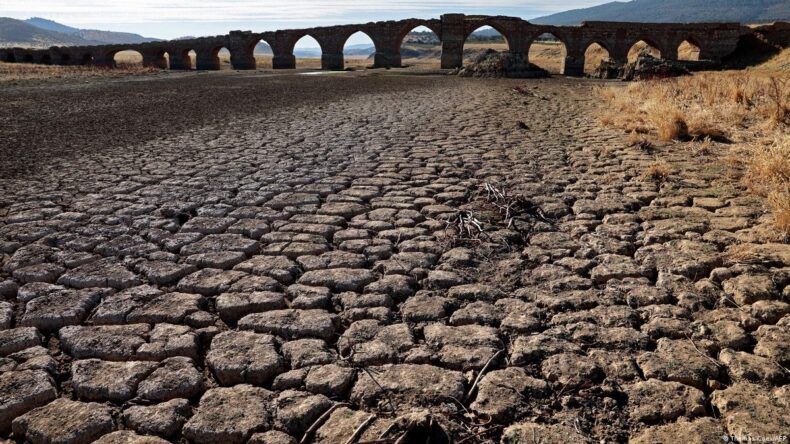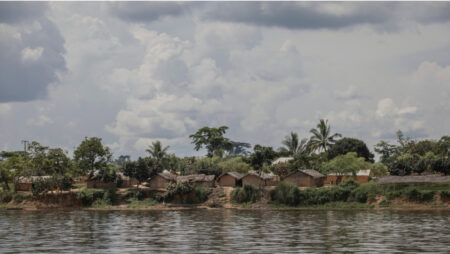“We are walking when we should be sprinting,” said IPCC chair H. Lee at the launch of the Synthesis Report-the final installment of IPCC’s Sixth Assessment Report. The report states that at this pace the the world is likely to breach the target of restricting temperature rise to 1.5C by 2040.

UN Climate Panel Issues ‘Final Warning’
The UN’s Intergovernmental Panel on Climate Change (IPCC) has sounded the alarm on the growing threats posed by climate change. Despite the inadequacy of current efforts, the report emphasizes that it’s not too late for action to prevent a catastrophic outcome.
The IPCC’s Sixth Assessment Report has been subject to delays and negotiations, with government delegations from major nations such as China, Brazil, Saudi Arabia, the United States, and the European Union debating key phrases in the report.
The IPCC Chair, Hoesung Lee, has emphasized the importance of mainstreaming effective and equitable climate action. He highlights that taking such action will not only reduce losses and damages to nature and people, but also bring about broader benefits.
The Synthesis Report underscores the need for more ambitious action on climate change, but also provides hope that if such action is taken now, a sustainable future that is livable for all is still achievable.
Governments Urged to Phase Out Fossil Fuels
Lee further added that “predictions are now becoming observations,” and that the gap between where we are and where we need to go is increasing, not decreasing. The report is deemed a “final warning,” and calls for swift action to drastically cut emissions and phase out fossil fuels. While progress has been made with renewable energy and cleaner transport, it is not enough, and urgent action is required.

Climate Protection Efforts Inadequate To Prevent Catastrophic Outcomes
According to the report compiled by 93 authors, the essential message conveyed by all the IPCC’s reports is crystal clear. The failure to take urgent, effective, and fair measures for mitigation and adaptation to the impact of climate change poses a growing threat to ecosystems, biodiversity, as well as the health, livelihoods, and well-being of present and upcoming generations
However, the window of opportunity to achieve these goals is closing fast, and the global community must nearly halve its emissions by 2030 or face warming of around 3 degrees Celsius.
UN Secretary-General Antonio Guterres said that ,”Today’s IPCC report is a how-to guide to defuse the climate time-bomb” He further said that it is essential for humanity’s survival and demonstrates that limiting the temperature increase to 1.5 degrees Celsius is feasible.

History Of IPCC
The IPCC, established in 1988 by the WMO and UNEP, provides scientific information to governments for developing climate policies and is a key input into international climate change negotiations. It has 195 member governments and thousands of experts worldwide who assess scientific papers to provide a comprehensive summary of climate change drivers, impacts, and future risks, and mitigation and adaptation options.
The IPCC process includes an open and transparent review by experts and governments, and it identifies scientific agreement and research gaps but does not conduct its own research. It has published six special reports since 2018, including an overarching summary of key findings in its first synthesis report in five years. The IPCC and Al Gore were jointly awarded Nobel Peace Prize also in 2007.
Despite its importance, the IPCC has faced criticism from some quarters, particularly over the accuracy of its predictions and the perceived political influence of its findings. However, most scientists and policymakers consider the IPCC to be a vital source of information on climate change and a key player in global efforts to address this critical issue.













